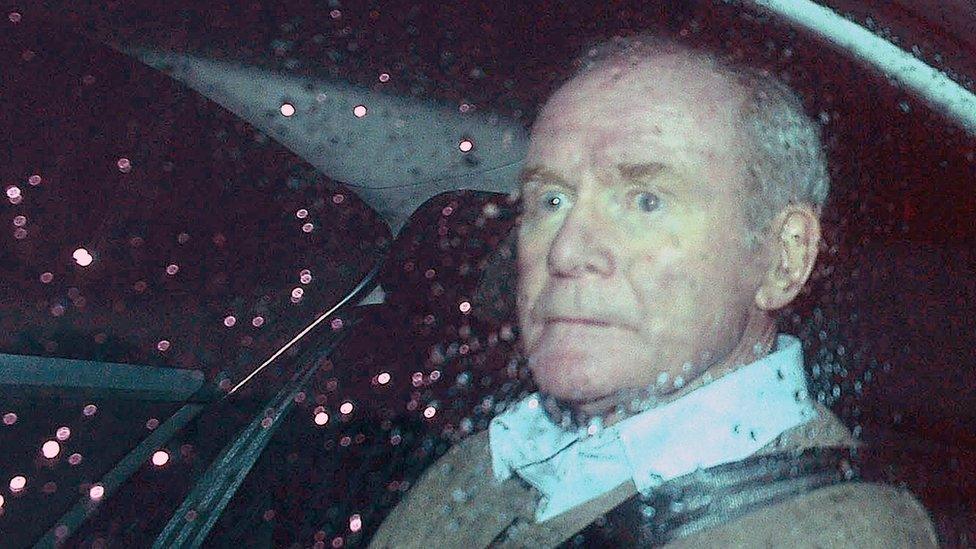NI secretary not contemplating alternatives to devolved government
- Published
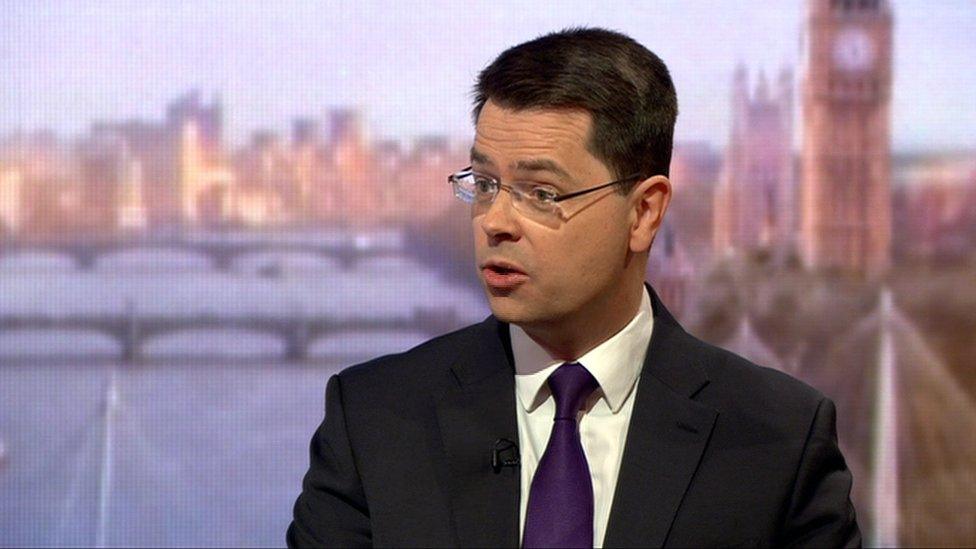
Speaking on the BBC's Andrew Marr Show, James Brokenshire refused to be drawn on direct rule
The Northern Ireland secretary of state has said he is not contemplating any alternatives to devolved government.
Speaking on the BBC's Andrew Marr Show, James Brokenshire refused to be drawn on the prospect of direct rule or joint authority with the Irish government.
Mr Brokenshire is obliged to call a fresh election if there is no resolution to the political deadlock at Stormont by 17:00 GMT on Monday.
The deadline marks seven days since Martin McGuinness resigned from post.
The Sinn Féin deputy first minister stepped down in protest at the handling of a botched energy scheme that could cost taxpayers £490m.
His departure means that, under Northern Ireland's power-sharing agreement, First Minister Arlene Foster must also step down.
The secretary of state had hoped that the parties could come to a resolution that would prevent an election being called, but on Sunday he acknowledged that this was unlikely to happen.
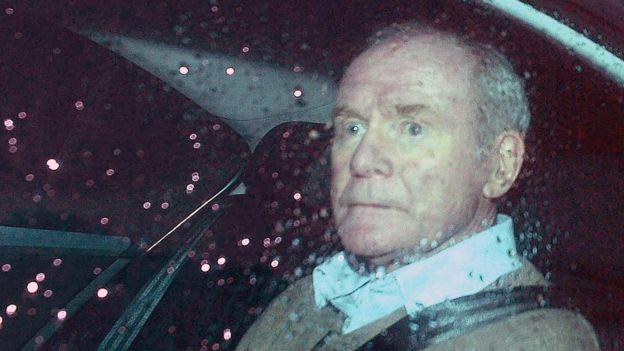
Martin McGuinness resigned as deputy first minister in protest at the handling of the RHI scheme
"Sinn Féin have indicated that they're not intending to put a replacement forward. The clear indications are that we are moving towards an election," Mr Brokenshire told the BBC.
However, he added that he was "not thinking about" direct rule if, after the election, the DUP and Sinn Féin continue to refuse to work together.
'Further division'
"I'm not contemplating any alternatives to devolved government in Northern Ireland. That is my absolute and resolute faith.
"My responsibility is to see that we are working with each of the parties to ensure that we are not looking at greater division.
"My concern is that an election campaign will be divisive, will actually lead to greater distance between the parties."
He said he would encourage Northern Ireland parties "to think about those big issues and how we build things back together again once [the election] is concluded".
"My absolute focus is on how we bring the parties together. There is a a relatively short period of time after the election - about three weeks - to see an executive being formed.
"What I'm focused on is that we maintain the institutions. It's important that we are working together to see that people are focused on the great opportunities for Northern Ireland."
Brexit negotiations
Mr Brokenshire also denied the election would prevent Northern Ireland political input in the upcoming Brexit negotiation process at the end of March.
"We are determined to get the best possible outcome for Northern Ireland through the negotiations ahead.
"It's important to understand there have already been discussions with the Northern Ireland Executive, I've been reaching out to communities, reaching out to business, but we still have ministers in place."
Asked whether the absence of a Northern Ireland Executive will impact on the Brexit discussions, he said that article 50 would be invoked according to the timetable Prime Minister Theresa May had previously laid out. He added that he would represent Northern Ireland in any negotiations for leaving the EU.
"We're not delaying the time table. We still remain absolutely committed to triggering article 50 by no later than the end of March," he said.
- Published13 January 2017
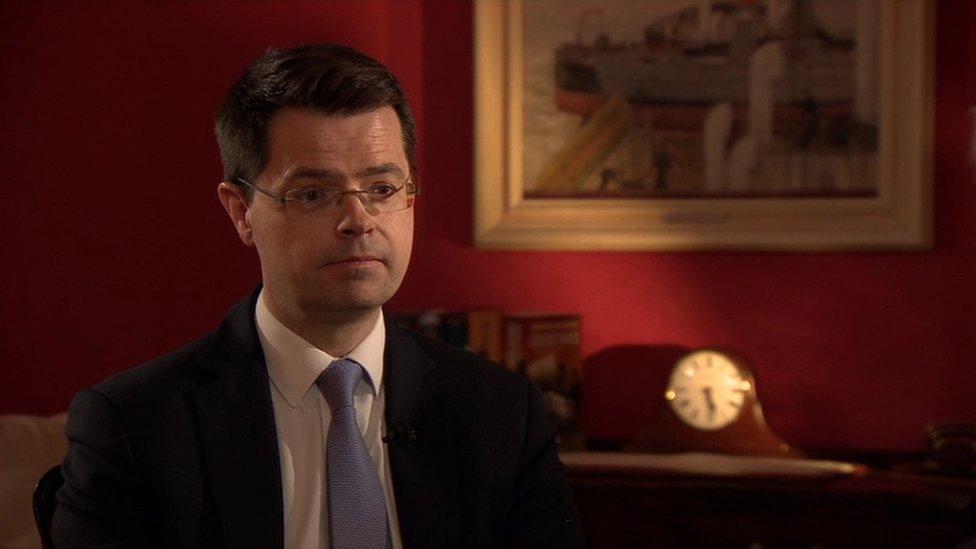
- Published7 November 2017

- Published9 January 2017
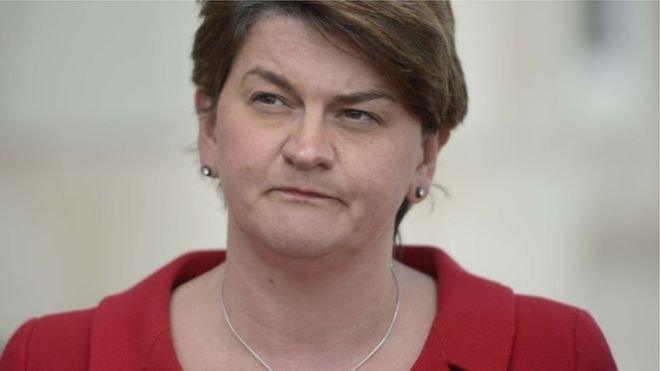
- Published10 January 2017
